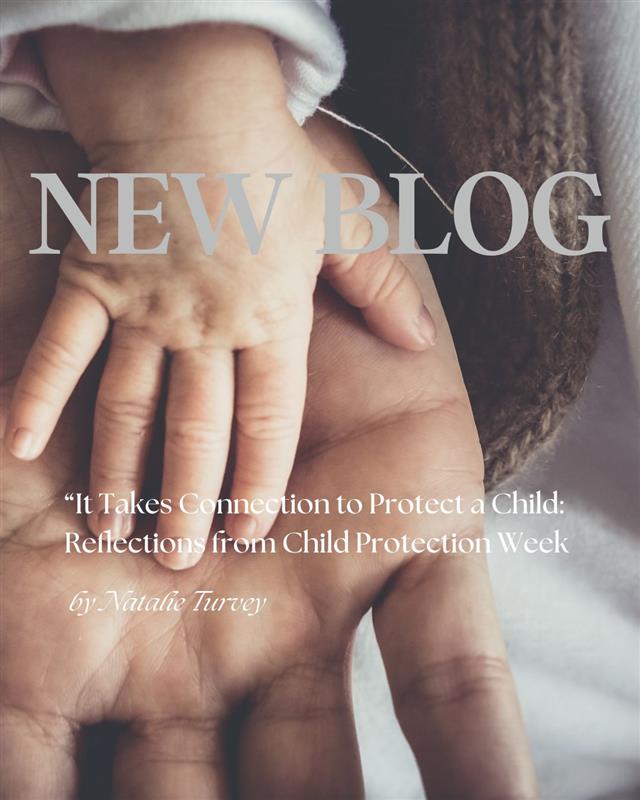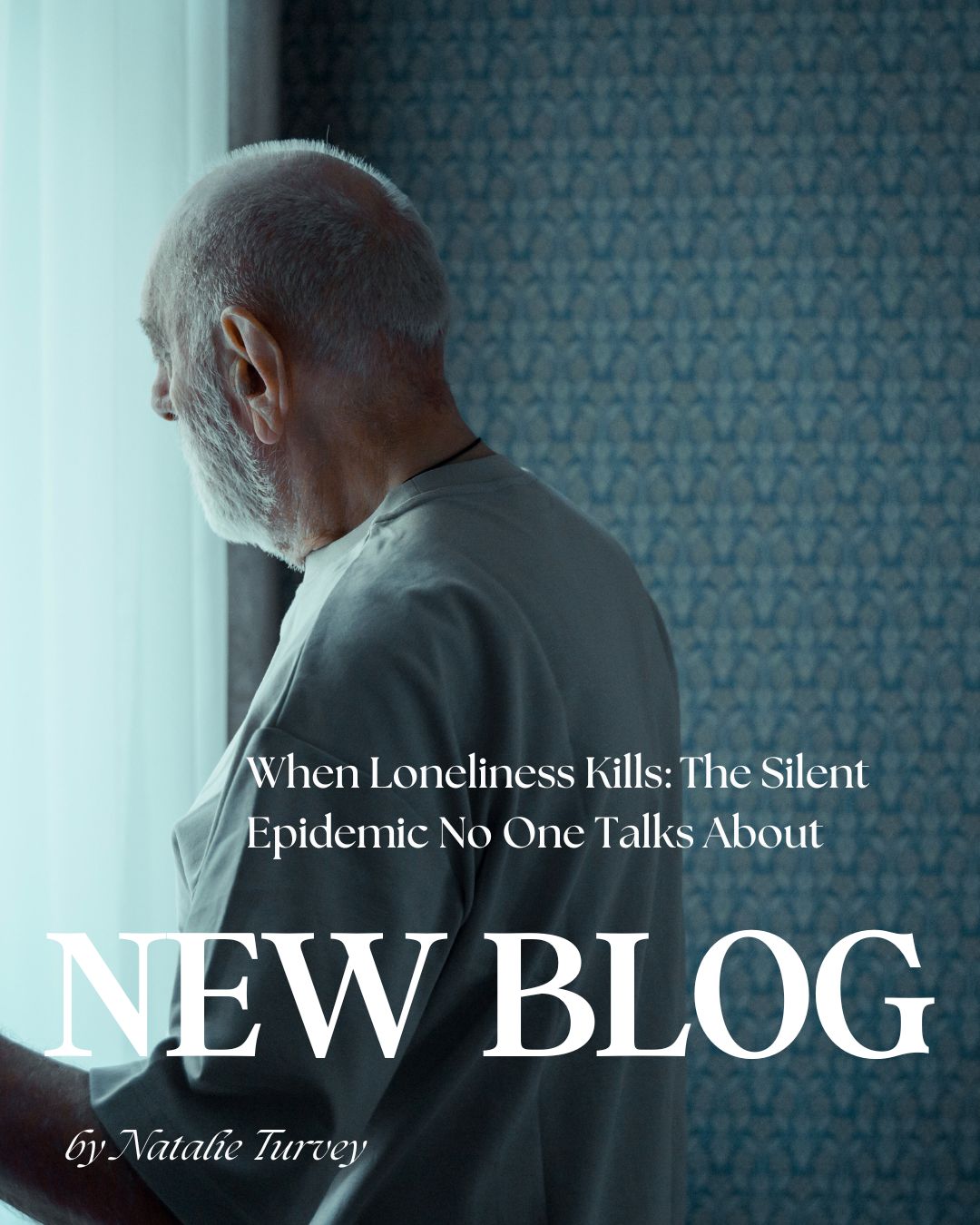As a psychologist working with eating disorders and disordered eating, I see every day how much the language we use around food matters. Words aren’t neutral — they shape how we see ourselves, how we judge our eating behaviours, and how much mental space food takes up in our lives.
When it comes to building a healthy relationship with food, language can either nurture or harm that process.
How Food Language Shapes Our Thinking
Phrases like “good food” and “bad food” sound harmless, but they divide eating into moral categories. If a salad is “good”, then chocolate must be“bad”. When we eat the so-called “bad” food, guilt often follows — and that guilt feeds the cycle of restriction, bingeing, and shame.
Terms like “cheat meal”, “cheat day”, or calling dessert a “treat” reinforce the idea that eating certain foods is wrong or needs to be earned. Countingcalories or tracking macros can add another layer of self-judgment and control.
Over time, this language creates rigid food rules that can turn what starts as“eating healthy” into patterns of disordered eating.
Disordered Eating vs. Eating Disorders
Disordered eating describes a range of behaviours that might not meet the full diagnostic criteria for an eating disorder, but still have a significant impact on emotional and physical health. It might include chronic dieting, skipping meals, feeling anxious around food, or experiencing guilt after eating.
When these behaviours become more severe, persistent, and distressing, they can meet the criteria for an eating disorder, as outlined in the DSM-5-TR.Recognising this distinction is important because disordered eating can be an early warning sign. Early intervention from an experienced eatingdisorder psychologist can make a real difference in recovery and wellbeing.
When Food Takes Up Too Much Headspace
For many people, thoughts about food, calories, and weight dominate the day. You might plan meals hours in advance, replay what you ate, or calculate how to “make up for it” later. This constant mental noise can make life feel smaller, leaving less space for joy, relationships, and spontaneity.
It’s not really about the food. These thoughts often represent deeper struggles with control, worthiness, and emotional regulation. That’s why professional support from a psychologist experienced in eating and body image concerns can be so transformative.
How a Psychologist Can Help
A psychologist who works with eating disorders can help you rebuild a healthy relationship with food and your body by:
- Identifying and challenging unhelpful food rules
- Exploring emotional triggers behind eating behaviours
- Building mindfulness and body awareness
- Supporting you to reconnect with hunger and fullness cues
- Helping you manage stress, anxiety, and perfectionism
Early support often leads to better outcomes, but help is valuable at any stage.Whether you’re just noticing unhelpful patterns or have been struggling foryears, therapy for disordered eating can support meaningful change.
What Recovery Really Means
Recovery isn’t simply about “eating normally.” It’s about finding peace with food, your body, and yourself. Carolyn Costin, one of the world’s leading eating disorder recovery specialists, describes it beautifully in her book 8Keys to Recovery from an Eating Disorder:
“Being recovered is when the person can accept his or her natural body size and shape and no longer has a self-destructive or unnatural relationship with food or exercise. When you are recovered, food and weight take a proper perspective in your life and what you weigh is not more important than who you are, in fact, actual numbers are of little or no importance at all. When recovered, you will not compromise your health or betray your soul to look a certain way, wear a certain size or reach a certain number on a scale. When you are recovered, you do not use eating disorder behaviours to deal with, distract from, or cope with other problems.”
— Carolyn Costin, 8 Keys to Recovery from an Eating Disorder
This captures what true recovery means — when food and body image no longer define your worth and you can live freely without guilt or fear.
Final Thoughts
The words we use about food matter. By shifting away from moralising language like “cheat day” or “bad food” and towards a more compassionate, balanced approach, we begin to unlearn harmful beliefs and create a healthier mindset.
If you notice that food, calories, or body image are taking up too much space in your mind, you’re not alone. Help for disordered eating is available, and recovery is possible. Working with a psychologist specialising in eating disorders can help you make peace with food, find balance, and reconnect with the things that truly matter.


.png)





